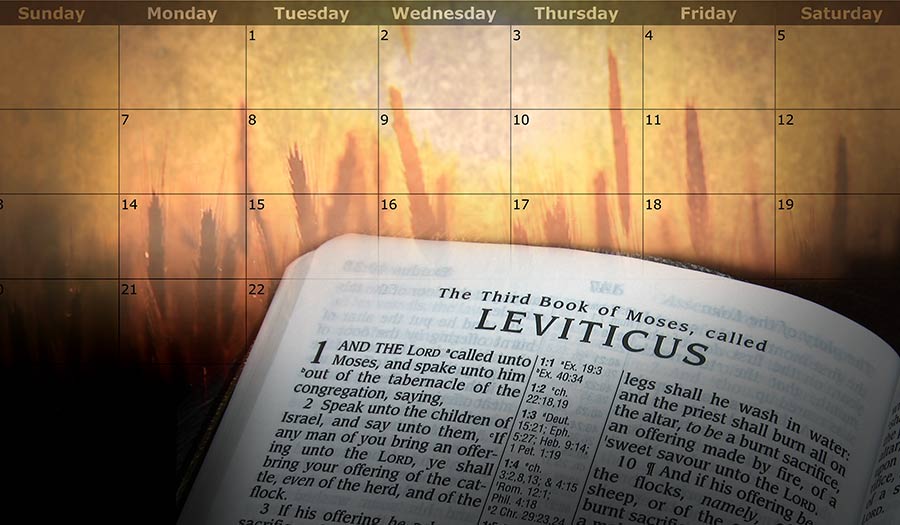- World News Desk
- EDUCATION
| Student protests over the Israel-Hamas war have popped up on an increasing number of college campuses following last week’s arrest of more than 100 demonstrators at Columbia University. |
- Articles
- SCIENCE & TECHNOLOGY
This year started with a major lunar milestone. A spacecraft built and flown by Texas-based company Intuitive Machines landed near the moon’s south pole in February. This was the first U.S. touchdown on the lunar surface in more than half a century and the first ever achieved by the private sector.
The landing of the uncrewed six-legged robot lander, dubbed Odysseus, capped a nail-biting final approach and descent in which a problem surfaced with the spacecraft’s autonomous navigation system that required engineers on the ground to employ an untested workaround at the 11th hour.
Accomplishing the landing is “a major intermediate goal, but the goal of the mission is to do science, and get the pictures back and so forth,” said Thomas Zurbuchen, a former NASA science chief who oversaw creation of the agency’s commercial moon lander program.
- Articles
- POLITICS
Learn the why behind the headlines.
Subscribe to the Real Truth for FREE news and analysis.
Subscribe Now- World News Desk
- HEALTH ISSUES
| Arif Husain, the UN World Food Program’s chief economist, said every year since 2016 the numbers of people acutely food insecure have gone up, and they are now more than double the numbers before the COVID-19 pandemic. |
- World News Desk
- AFRICA
| Senegal, which borders on the Sahel, announced a record-breaking cocaine seizure of 1,137 kilograms—the most ever intercepted on land and valued at $146 million. |
- World News Desk
- MIDDLE EAST
| “It appears we’re closer than ever to a broad regional war, despite the fact that the international community will most likely make a great effort to de-escalate tensions,” wrote Amos Harel, military-affairs commentator for Haaretz. |
- Articles
- SOCIETY & LIFESTYLES
| In the quarter-century since two gunmen at Columbine shot and killed 12 fellow students and a teacher in suburban Denver, the traumas of that day have continued to shadow those who were there. |
- Articles
- HEALTH ISSUES
| A growing body of evidence shows just how valuable walking is to your physical and mental health. |
- World News Desk
- AMERICAS
| For the first time in 40 years, a severe drought pushed the city to start rationing tap water. |
- Articles
- RELIGION
People pray to get what they want. Success requires knowing how to approach God.
- World News Desk
- MIDDLE EAST
| As the Israel-Hamas war continues, here is what we know about the aid entering Gaza, and why discrepancies in reporting persist. |
- World News Desk
- AFRICA
| “Many, many of our babies are severely malnourished,” said a Doctors Without Borders hospital coordinator. “The reason is hygiene, not enough food, not enough water. This is a crisis that will continue. We will see even more children like this.” |
- World News Desk
- AMERICAS
| U.S. President Joe Biden says he is weighing whether he has the legal authority to block migrants at the U.S.-Mexico border since Republicans have refused to pass bipartisan legislation. |
From the Editor
- Personals from the Editor
- RELIGION
The Bible could be summarized as a book about God and His kingdom.
From the Editor
- Personals from the Editor
- RELIGION
| The Bible reveals there are Spring Holy Days that Christians should observe. What are they? And why are these days so important to God? |
- Articles
- SOCIETY & LIFESTYLES
| “We used to gather at weddings, at baptisms. Now we meet at funerals,” said 61-year-old Chrysoula Ioannidou. “There are very few births.” |
- Articles
- HEALTH ISSUES
A majority of Americans say they are more stressed out than ever. But there is hope…
- World News Desk
- WEATHER & ENVIRONMENT
| Just in the first three months of the year, more than 2,669 square miles were charred in the United States—more than half of last year’s total. |
- Articles
- MARRIAGE & FAMILY
| The Bible contains time-tested principles that can ensure you raise your children to have happy and fulfilling lives. |





















